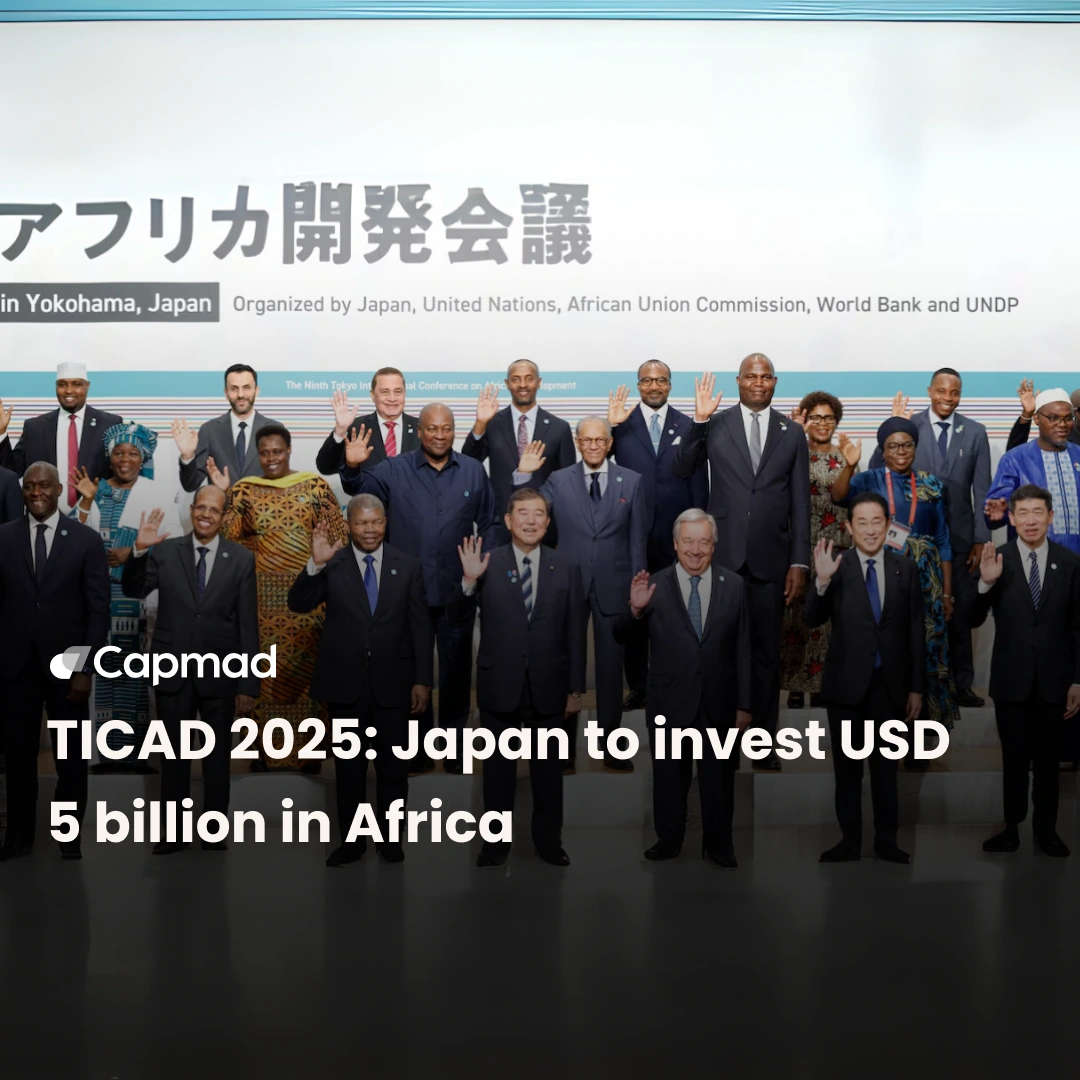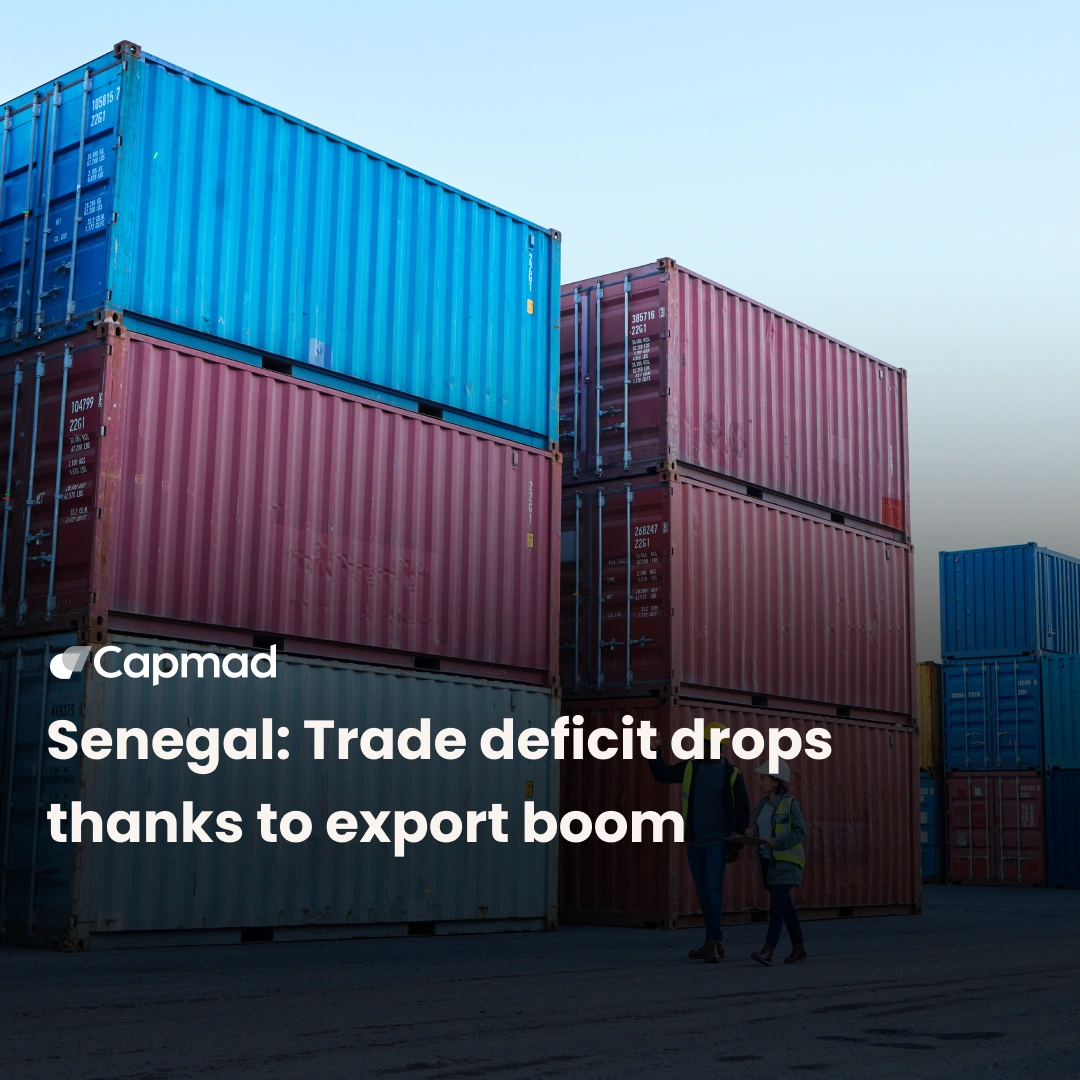Central African Economic and Monetary Community (CEMAC) is a regional organization that brings together six Central African countries: Cameroon, the Central African Republic, Chad, Congo-Brazzaville, Equatorial Guinea, and Gabon. These countries share a common currency, the CFA franc (FCFA), which is pegged to the euro. However, recent discussions suggest the possibility of a devaluation of the FCFA, a measure that could have significant repercussions on the region’s economy. Capmad explores the potential reasons for this devaluation, its economic and social implications, and the reactions of the various stakeholders involved.
Economic Context of the CEMAC Zone
For several years, CEMAC countries have been facing major economic challenges. The decline in commodity prices, especially oil, has directly impacted the region’s economies, which heavily rely on natural resource exports. Cameroon, for example, has seen its growth slow down, while other countries like Chad and the Central African Republic face economic and political crises.
The economic situation has been exacerbated by the COVID-19 pandemic, which led to a global economic contraction. CEMAC countries have had to deal with increasing public debt, rampant inflation, and a depreciation of their foreign exchange reserves. In this context, the question of devaluing the FCFA is becoming increasingly pressing.
Possible Reasons for a Devaluation
Pressure on Foreign Exchange Reserves
CEMAC countries’ foreign exchange reserves have decreased, making it difficult to maintain the fixed parity of the FCFA with the euro (1 EUR = 656 FCFA). A devaluation could allow for an adjustment of this parity and stabilization of reserves.
Economic Competitiveness
Devaluing the FCFA could make CEMAC countries’ exports more competitive on the international market. By making local products cheaper for foreign buyers, it could stimulate economic growth.
Inflation and Cost of Living
Inflation is a major problem in the region, and a devaluation could be seen as a way to restore economic balance. However, it could also lead to higher prices for imported goods, worsening the cost of living for citizens.
Structural Reforms
CEMAC countries need structural reforms to diversify their economies and reduce their dependence on raw materials. A devaluation could be a catalyst for these reforms, encouraging governments to adopt more sustainable economic policies.
Economic Implications of the FCFA Devaluation
Devaluing the FCFA would have varied implications for CEMAC economies. On the one hand, it could stimulate exports and attract foreign investments. On the other hand, it could also lead to higher prices for imported goods, which could harm consumers and businesses that rely on imports.
Local businesses might benefit from a devaluation as their products would become more competitive. However, companies that import raw materials or capital goods could face increased costs, potentially reducing their profit margins.
Reactions from Economic Actors
Reactions to the possibility of devaluing the FCFA are mixed. CEMAC governments appear divided on the issue. Some countries, like Gabon and Cameroon, might favor a devaluation to boost their economy, while others, like Chad, might fear the consequences of such a measure on economic stability.
Civil society organizations and unions also express concerns. They fear that devaluation might worsen the situation of already struggling households by increasing the cost of living. Consumers could be particularly affected by rising prices of food and everyday goods.
Future Prospects for Stabilizing the Region’s Economy
The future of the FCFA and CEMAC will depend on how the region’s governments manage this complex situation. A devaluation might be a short-term solution to stabilize the economy, but it must be accompanied by structural reforms to ensure sustainable growth.
CEMAC countries must also consider alternatives to their dependence on the FCFA and the euro. Creating a more flexible regional currency or adopting more integrated economic policies could be long-term solutions to strengthen the region’s economic resilience.
The question of devaluing the FCFA within the CEMAC framework is a complex issue that requires careful attention. As economic challenges persist, the region’s governments must carefully weigh the pros and cons of such a measure. A devaluation could offer an opportunity for economic recovery, but it must be managed cautiously to avoid worsening the situation of vulnerable populations. The key lies in implementing structural reforms and promoting inclusive growth that benefits all CEMAC citizens.






